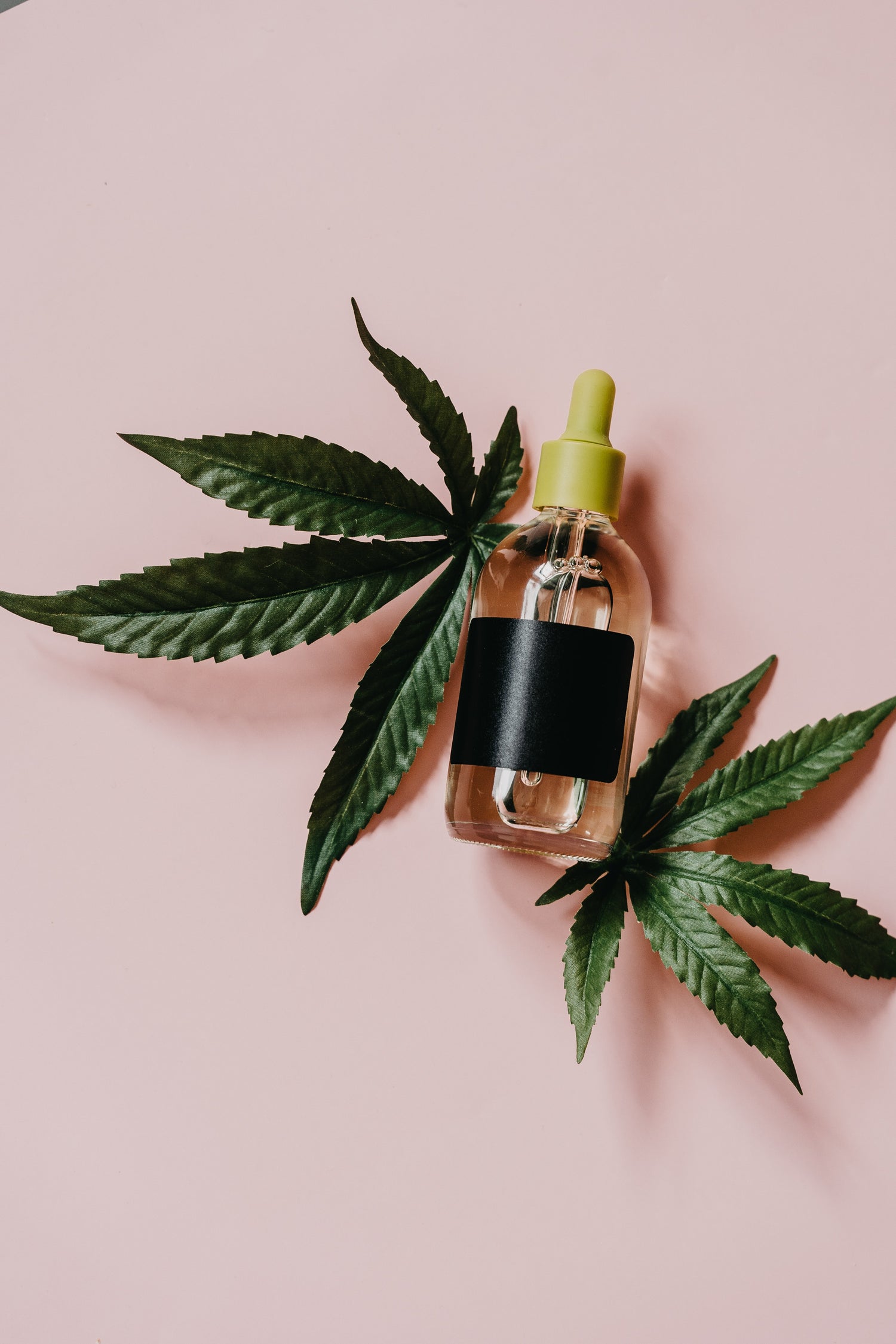Joint pain: Your whole body is in pain? It's totally normal, and it's estrogen's fault. CBD may help reduce inflammation during menopause due to its proven inflammatory properties . Low-impact sports exercises and wise dietary changes are also great resources in fighting inflammation.
Mood swings or depressive thoughts: If you feel bad about yourself or your head, you should seek help from a health professional and consult a doctor, psychologist or sex therapist. You can supplement your treatment with a CBD intake to activate serotonin receptors , which play a big role in regulating our emotions and moods .
Weight gain / diabetes: Hormones shape our body and without estrogen, our body burns fewer calories: weight gain becomes inevitable. A study conducted by the Journal of Medicine in 2013 reports that adults who use cannabis products have lower insulin levels and smaller waist circumference. Cannabidiol could thus help regulate our sensitivity and resistance to insulin , which would have the effect of giving a lower body mass index and a better metabolism in the management of carbohydrates.
Hot flashes: Some women report feeling anxious about hot flashes. Some antidepressants prescribed by GPs can help relieve and reduce this symptom. CBD as a natural remedy might as well be one of them. Although no studies have specifically tested CBD for hot flashes, it does help regulate body temperature . Other treatments like hypnosis and relaxation techniques calm the nervous system and can also influence your neurochemistry, helping to reduce your hot flashes.
Osteoporosis: Osteoporosis affects about a quarter of postmenopausal women in France. This disease results in a consequent loss of bone mass and therefore an increase in bone fragility. Cannabidiol could have a positive impact on your bone health . It acts again on the ECS (the endocannabinoid system) which plays an important role in the regulation of bone metabolism . The interaction of CBD could help the process of bone callus and soft callus formation by stimulating the cannabinoid CB1 receptors. In addition, CBD lowers levels of TNFα (a molecule produced naturally by the body during inflammation) as does physical exercise, preventing the breakdown of bone tissue. CBD would then make it possible to have a bone structure less degraded by menopause and to be less prone to joint pain, stress fractures and more bruising with age.
Intimate, vaginal or vulvar dryness: This is one of the most well-known consequences of menopause and peri-menopause. 68% of women have reduced the frequency of their sexual intercourse because of their problem of intimate dryness, and 17% even admit having stopped all intercourse for this sole reason. Intimate dryness is almost inevitable since 85% of postmenopausal women suffer from it. The skin becomes fragile, thinner, drier and more irritable. There is inevitably a slowing down of natural secretions and therefore the appearance of itching, burning or pain during sexual intercourse. If the natural lubrication is less constant, intercourse becomes more painful. The mucous membranes lose the habit of lubricating themselves, thus causing greater dryness and a whole vicious circle begins to settle in the heart of your intimacy. Vaginal dryness is largely related to changes in the hormonal production of estrogen. When estrogen levels drop, the vaginal walls become thinner, which often means less moisture and lubrication. When there is less estrogen, there is also less sexual arousal – as this queen hormone is responsible for stimulating blood flow to the vagina. Although research on the benefits of CBD intimate lubricant and its real effects on sexual pleasure is currently limited, the relaxing, moisturizing, soothing and anxiolytic properties of CBD are welcome in your natural intimate lubricants .




